Sean Turnell, an Australian economic adviser to Myanmar’s Aung San Suu Kyi, has told the news agency Reuters that he is being detained, days after the Burmese leader was arrested in a military coup.
“I guess you will soon hear of it, but I am being detained,” he said. “Being charged with something, but not sure what. I am fine and strong, and not guilty of anything,” he said in a message, with a smile emoji. It was not subsequently possible to contact him.
According to his LinkedIn profile, which features a picture of him with Aung San Suu Kyi, Turnell is also a professor of economics at Sydney’s Macquarie University. It says he has been living in Myanmar’s capital, Naypyitaw, since December 2017 while serving as special economic consultant to the former leader.
Aung San Suu Kyi aide arrested as Myanmar military seeks to quash unrest
Read more
The news came as thousands of people took to the streets of Yangon on Saturday to denounce this week’s coup and demand the release of Aung San Suu Kyi, in the first such demonstration since the generals seized power on Monday.
“Military dictator, fail, fail; Democracy, win, win,” protesters chanted, calling for the military to free Nobel peace laureate Aung San Suu Kyi and other leaders of her National League for Democracy (NLD) who have been detained since the coup.
“Tell the world what has happened here,” one of the protesters told a Guardian reporter. “The world needs to know.” People passing by gave the protesters water, cheering them and clapping, while shops along the route played a revolutionary song.
“Against military dictatorship” read the banner at the front of the march. Many protesters had dressed in the NLD’s red colour and some carried red flags. Others carried photos of Aung San Suu Kyi and President Win Myint, who was also detained by the military.
Myanmar’s junta has tried to silence dissent by temporarily blocking Facebook and extended the social media crackdown to Twitter and Instagram on Saturday in the face of the growing protest movement.
Authorities ordered internet providers to deny access to Twitter and Instagram “until further notice”, said the Norwegian mobile phone company Telenor Asa.
Demand has soared in Myanmar for VPNs internet services that allow some people to evade the ban. But users reported more general disruption to mobile data services, which most people in the country of 53 million rely on for news and communications.
“We lost freedom, justice and urgently need democracy,” wrote one Twitter user. “Please hear the voice of Myanmar.”
The army chief Min Aung Hlaing seized power, alleging fraud in November elections that the NLD won in a landslide. The electoral commission dismissed the army’s accusations.
The junta announced a one-year state of emergency and has promised to hand over power after new elections, without giving a timeframe.
The takeover drew international condemnation, with the UN security council calling for the release of all detainees and Washington considering targeted sanctions.
Aung San Suu Kyi, 75, has not been seen in public since the coup. She spent 15 years under house arrest during a struggle against previous juntas before the troubled democratic transition began in 2011.
The lawyer for her and ousted President Win Myint said they were being held in their homes and that he was unable to meet them because they were still being questioned. Aung San Suu Kyi faces charges of importing six walkie-talkies illegally while Win Myint is accused of flouting coronavirus restrictions.
“Of course we want unconditional release as they have not broken the law,” said Khin Maung Zaw, the lawyer who is representing both of them.
Saturday’s protest was the first sign of street unrest in a country with a history of bloody crackdowns on protesters. There were also anti-coup protests in Melbourne, Australia, and in the Taiwanese capital, Taipei, on Saturday.
A civil disobedience movement has been building in Myanmar all week, with doctors and teachers among those refusing to work. Every night people bang pots and pans in a show of anger.
In addition to about 150 arrests in the wake of the coup reported by human rights groups, local media said around 30 people had been detained over the noise protests.
‘We’re not brainwashed’: a week of turmoil in Myanmar
Read more
The United States is considering targeted sanctions on individuals and on entities controlled by Myanmar’s military.
Antony Blinken, the secretary of state, pressed top Chinese diplomat Yang Jiechi in a phone call on Friday to condemn the coup, according to the state department.
China, which has close links to Myanmar’s military, joined the consensus on Thursday’s security council statement but has not condemned the army takeover and has said countries should act in the interests of the stability of Myanmar, China’s neighbour.
The UN secretary general, Antonio Guterres, pledged on Friday that the United Nations would do everything it could to unite the international community and create conditions for the coup to be reversed.
Guterres told a news conference it was “absolutely essential” to carry out the security council’s calls for a return to democracy, respect for the results of the November parliamentary elections, and the release of all people detained by the military, “which means the reversal of the coup that took place”.
“It is absolutely essential that that moves forward, and for that, I believe, we need to have all possible areas of pressure to make it happen,” Guterres said.
Guterres said Christine Schraner Burgener, the UN special envoy for Myanmar, on Friday had her first contact with the military since the coup and expressed the UN’s strong opposition to the takeover.
According to a UN spokesman, Stephane Dujarric, she reiterated to Deputy Commander-in-Chief Vice General Soe Win “the secretary general’s strong condemnation of the military’s action that disrupted the democratic reforms that were taking place in the country”.
Guterres said Schraner Burgener was also in contact with the Association of Southeast Asian Nations.
Brunei, which chairs the 10-nation regional group, including Myanmar, issued a statement on Monday noting the bloc’s principles include “the adherence to the principles of democracy, the rule of law and good governance, respect for and protection of human rights and fundamental freedoms”.
The statement encouraged “the pursuance of dialogue, reconciliation and the return to normalcy in accordance with the will and interests of the people of Myanmar”. It made no mention of any action by Asean to take the lead in returning Myanmar to a democratic path, but on Friday the leaders of Malaysia and Indonesia expressed concern about the coup and asked Asean foreign ministers to hold a special meeting to discuss the issue.
“Indonesia and Malaysia take the political situation in Myanmar seriously,” Malaysia’s prime minister, Muhyiddin Yassin, said after meeting with Indonesia’s President Joko Widodo in Jakarta. “This is a step backwards in Myanmar’s democratic transition. We fear the political unrest in Myanmar could disturb the security and stability in this region.”
Widodo also said both countries remain concerned about the situation of the persecuted Rohingya minority in Myanmar, saying all Asean members must respect the organisation’s charter, “particularly rule of law, good governance, democracy, human rights, and constitutional government”.
Asean’s members are Brunei, Cambodia, Indonesia, Laos, Malaysia, Myanmar, the Philippines, Singapore, Thailand and Vietnam.



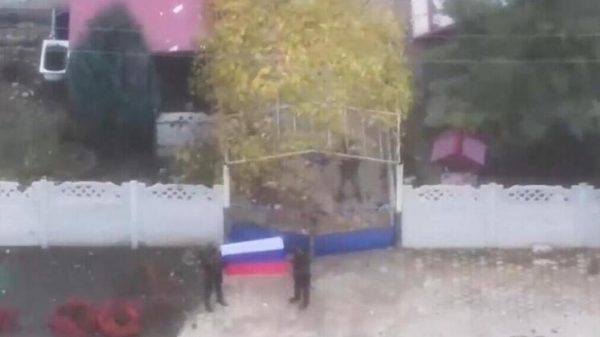
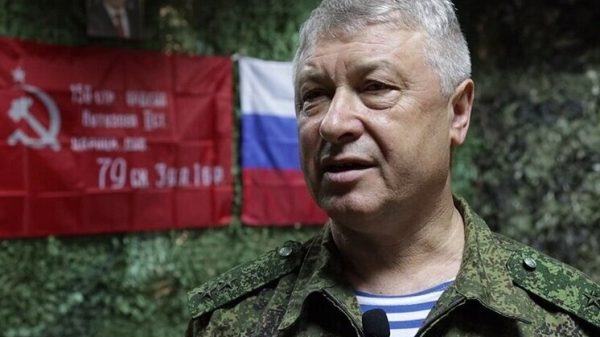
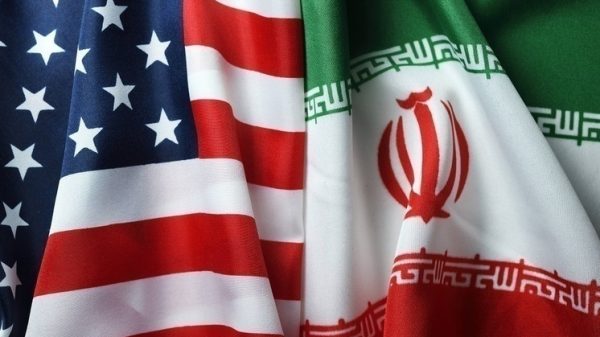




















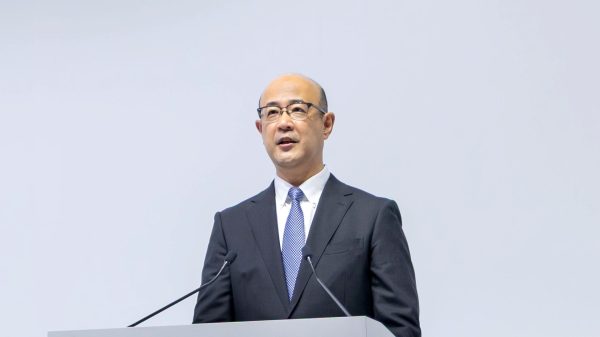
















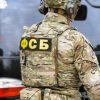








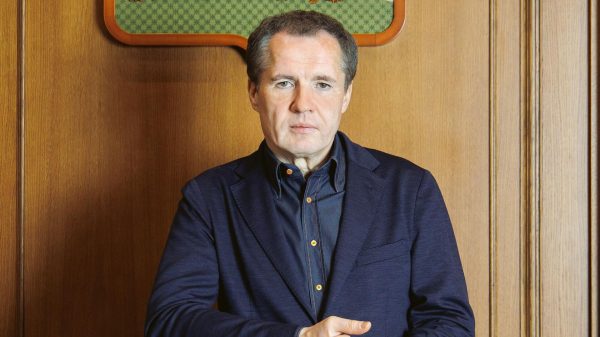


Свежие комментарии